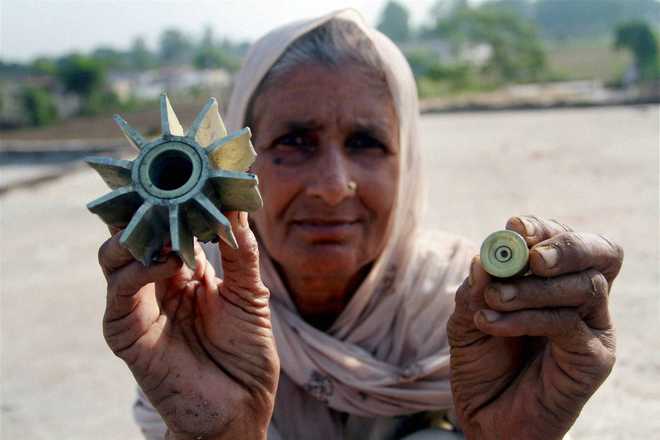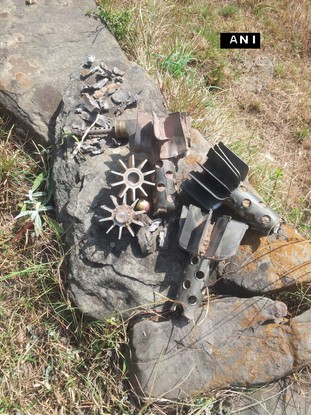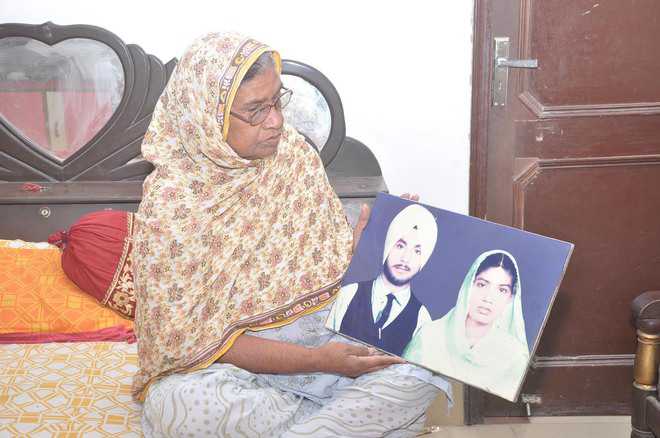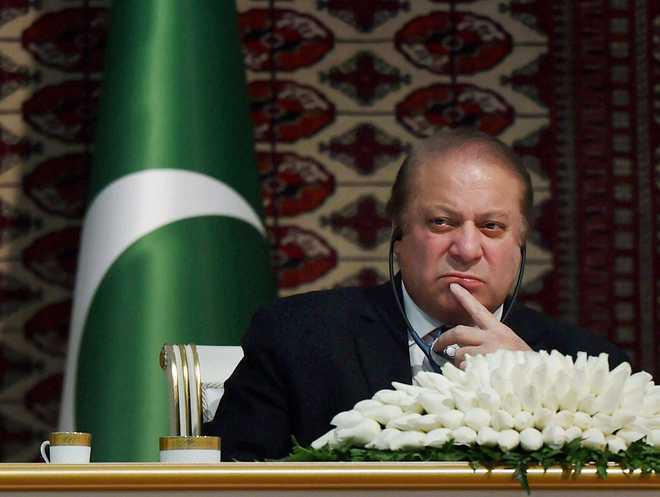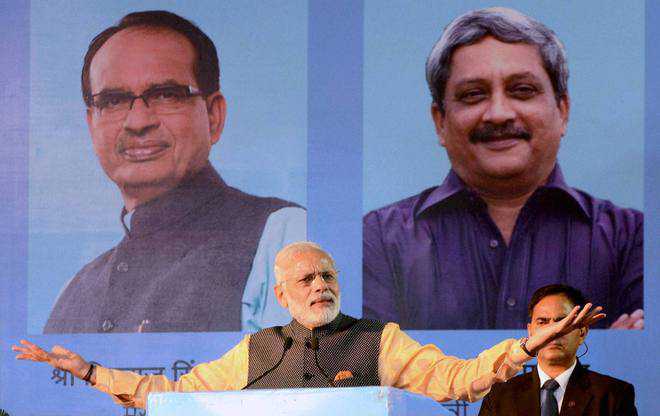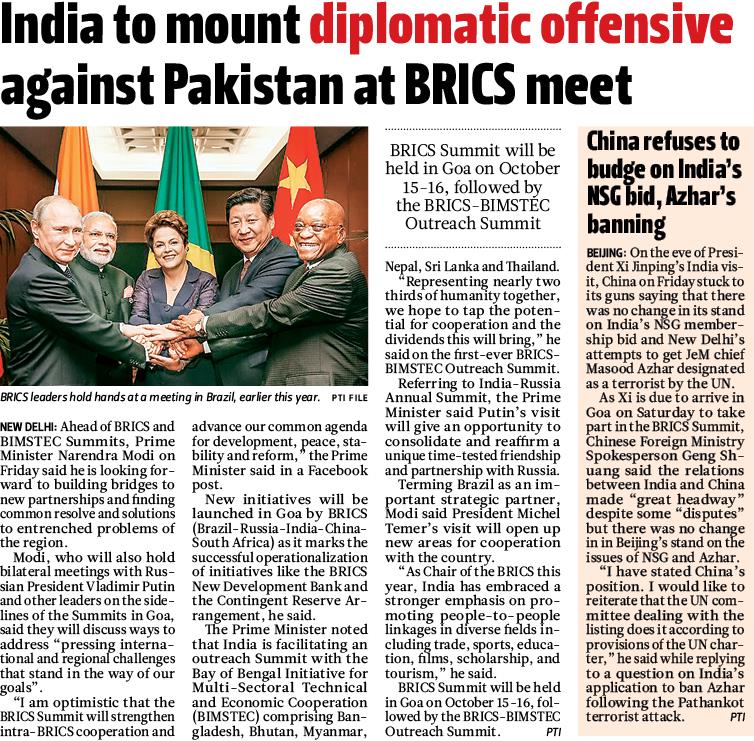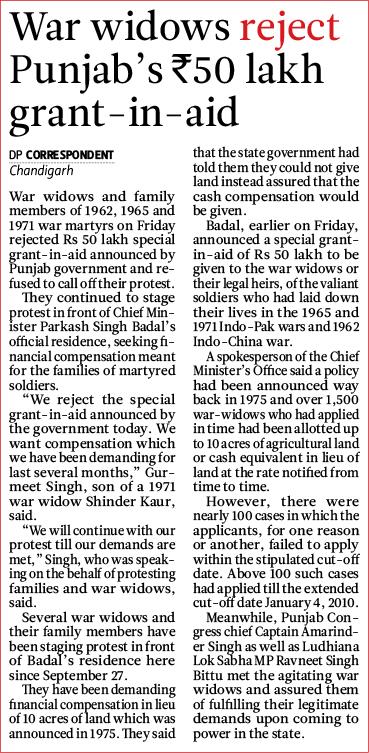Conflicts are expensive and exhausting. So it is essential that the people stay away from hysteria and let the government do its job
R emember ‘Little Boy’ and ‘Fat Man’? These are not comic book characters but names of nuclear bombs that scripted the largest devastation in human history in 1945. Around 1,25,000 people were killed and lakhs injured because of the bombings. Wounds from the attack still fester in the minds and hearts of the Japanese. Why am I reminding you of this heart-rending story? The reason is obvious. Attempts are on to stoke the fires of a war between India and Pakistan. Those trying this forget that wars have always proved to be tragic for humanity. India fought its first war with China in 1962. According to economist Jean Dreze, the Indian economy was limping at 2% in the aftermath of the Indo-China war. India hadn’t even managed to put salve on these wounds that Pakistan foisted a war on us in 1965. The result: India’s growth rate turned negative to the tune of 3.7%.
 HTSoldiers standing guard during a night patrol near the fence at the IndiaPakistan International Border, Akhnoor, October 2
HTSoldiers standing guard during a night patrol near the fence at the IndiaPakistan International Border, Akhnoor, October 2
Coming to Kargil, Operation Vijay was executed after spending billions of rupees, but the cycle of expenses did not stop. After the terrorist attack on Parliament, the Vajpayee government kept 7,00,000 soldiers deployed on the borders for nine months. Pakistan did likewise. According to a study by The Strategic Foresight Group, India spent ~40 billion under this head between December 2001 and January 2002. In the same time period, Pakistan squandered ~42 billion on this build-up.
In those days, I was the editor of a national news channel. To understand the ground reality, I spent one evening at the border next to Jammu. At that time, both sides used to indulge in meaningless firing every night that raised the tensions of the soldiers. Cannoneers from both sides didn’t know why they were doing it. Those giving them directions were unable to make them understand why they asking them to do it. This blind and futile tussle taught me how exhausting and expensive waiting for a war is. The consequences were soon evident to everybody.
India extracted a 5% defence surcharge from tax-payers for the next two years. On the other side of the border, Pakistan levied a ‘war-risk surcharge’ from those using its ports and insurance companies on a large scale. The economy of both the countries began limping and they had to make haphazard increases in their defence budgets. Pakistan spent 24% of its GDP on mobilising defence resources, even as India allocated 15% of the GDP on the same. Despite this, loudmouthed defence analysts kept calling this inadequate. One doesn’t know why their eyes did not reach beleaguered schools, hospitals and the people. Those singing the war tune for no rhyme or reason ignore the fact that both the nations don’t need the hatred of war, but the light of economic aid.
Now let us look at another aspect related to this. In the aftermath of India’s surgical strike in response to the Uri attack, a strange but vicious phenomenon reared its head. Questions were raised over the military action and attempts were made to drag it into the political quagmire. The immaturity displayed by the politicians of the world’s largest democracy was shocking. Some media houses decided to add fuel to this fire. When Pakistan’s prime minister and commander-in-chief were in war-mode, our political veterans, from different political parties were indulging in a game of mud-slinging. The Mahabharat of words that was fought after the surgical strikes is not a good sign for democracy.
Our warriors of the word forget that the hurt sentiments of soldiers can sometimes force them to take the wrong steps. Here’s one account of such an incident. After Operation Blue Star, rumours were spread in the Ramgarh cantonment that hurt the sentiments of a big segment of Sikh soldiers. They murdered their commander, Brigadier General RS Puri. Civilian trucks and buses were hijacked and the soldiers headed towards Delhi, which was at a distance of 850 km from their cantonment. After two or three days, when the units of the army intercepted them on the banks of the Ganga in Allahabad, they surrendered without any resistance. Why did this happen?
Sitting on their knees in a field near Shastri Bridge, the rebels were scorched by a forest-fire of guilt, it appeared. Their heads were bent. That ordeal was tougher than a death sentence for them. Indian soldiers are fearless, not rebellious. The realisation of their mistake was gnawing at them from the inside. Whenever I remember that moment, I feel like praying. ‘God don’t make me see another moment like that.’ Those dark days were a blot on the sanctity of the Army and on democracy. Still, what can one do? Human nature is adept at forgetting old follies and marching towards the next hysteria. That is why some people sing the war tune and the common man bears its brunt.
For this not to happen this time, it is essential that the people stay away from hysteria and let the government do its job. Our Army has hit terrorists nurtured in Pakistan in their own territory. They’ll do it again if required.

Let me say something to those indulging in useless debt-hinactions. ‘Fat Man’ and ‘Little Boy’ were less lethal than the nuclear weapons of today. God forbid, if another nuclear war were to happen, I wonder how many people will survive to talk about it?












